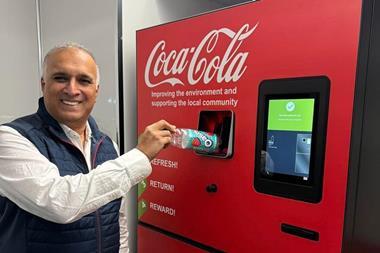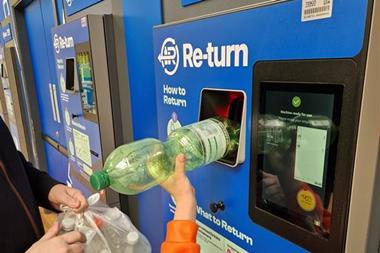The deposit return scheme – what you’ll need to do
By Jake Kennedy2025-01-29T09:51:00

Initial details about how the DRS will work - in England and Northern Ireland - have been issued
ALREADY HAVE A REGISTERED USER ACCOUNT? PLEASE LOG IN HERE
To read the full story join the ConvenienceStore.co.uk community today!
Registration is quick and easy and provides access to:
- Unlimited ConvenienceStore.co.uk articles
- Our great range of newsletters
- Content you’ve saved for later via the ‘my library’ feature
And much more…
Related articles
More from Advice
Unlimited Access + Newsletters
Register today to gain unlimited access to articles and to receive our great range of email newsletters.































